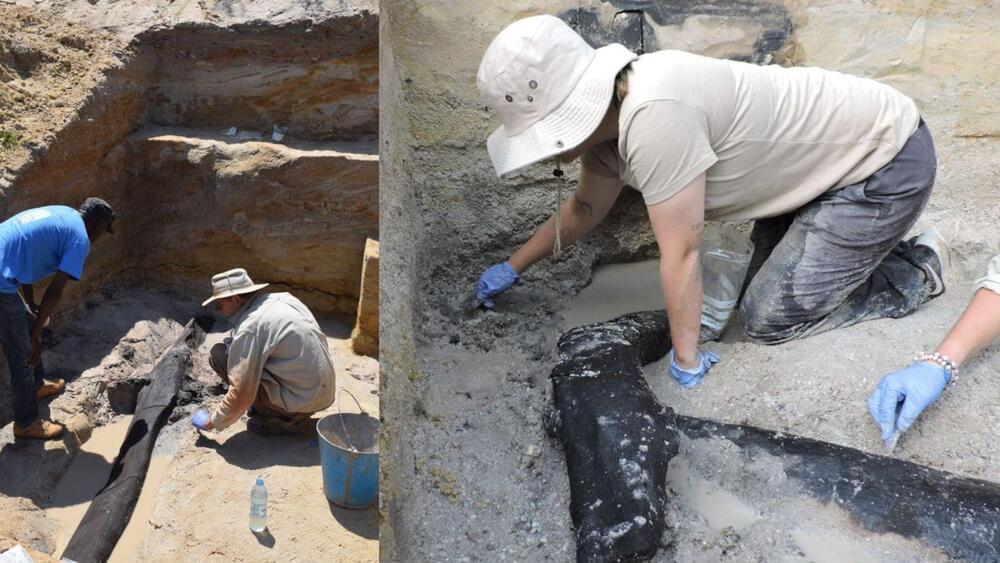Professor Geoff Duller from Aberystwyth University explained that, given the considerable age of these artifacts, assigning precise dates to them presented a significant challenge. To address this issue, luminescence dating techniques were employed. These innovative dating methods have broad-ranging implications, enabling the dating of much older materials and facilitating the reconstruction of sites that offer insights into human evolution—in the case of Kalambo Falls, an excavation conducted in the 1960s yielded comparable wooden fragments. Still, their dating had remained elusive, leaving the true importance of the site uncertain until now.
Kalambo Falls is located on the Kalambo River above a 772-foot (235-meter) waterfall on the border of Zambia and Tanzania near Lake Tanganyika. The area is on a ‘tentative ‘list from UNESCO for becoming a World Heritage site because of its archaeological significance.
